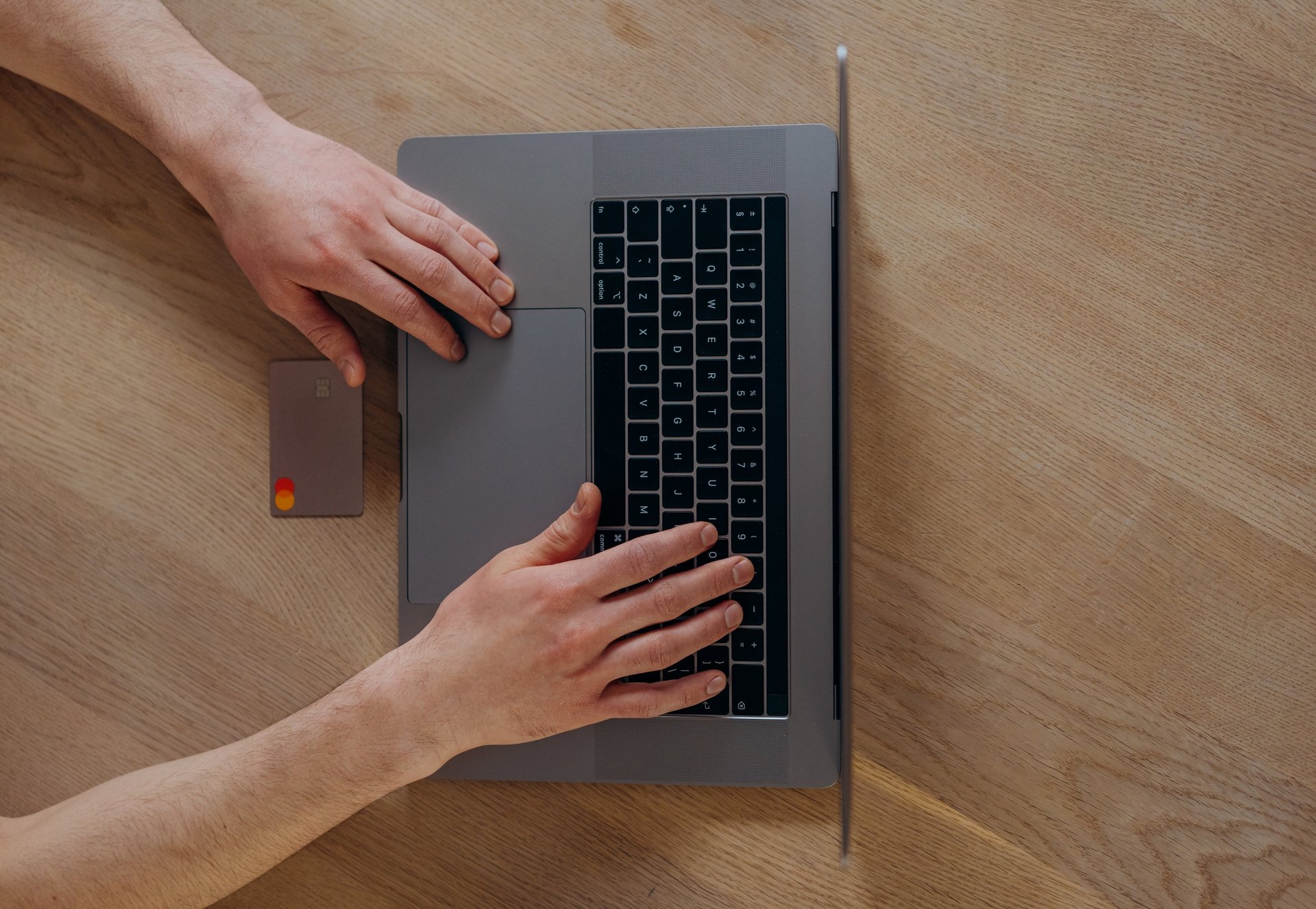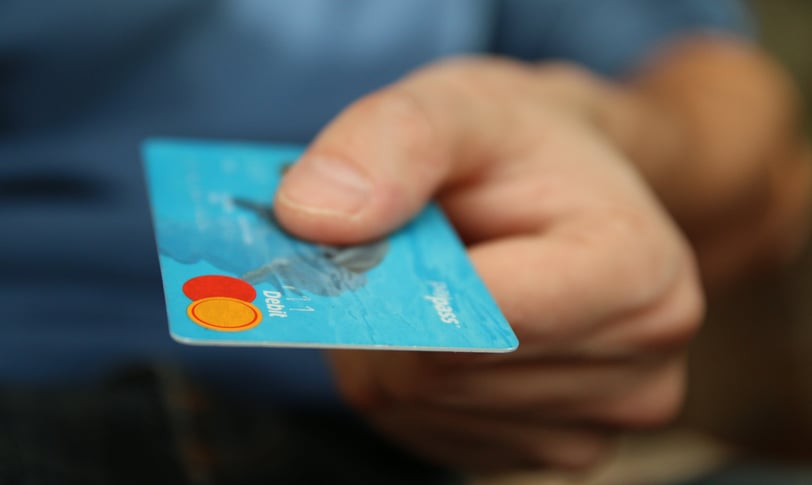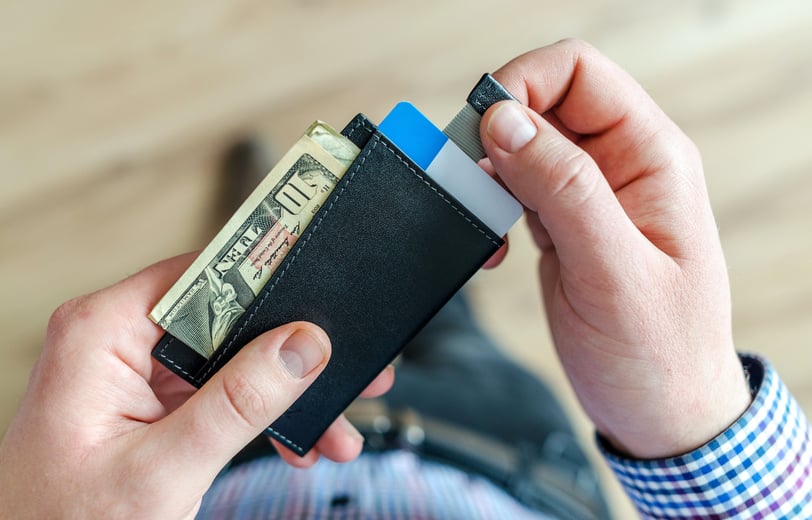
How to Improve Your Credit Score Fast
Gull Rehman
10/18/20234 min read
Your credit score is a three-digit number that represents your creditworthiness. It's an important factor that lenders consider when deciding whether to approve you for a loan or credit card and what interest rate to charge you.
A good credit score can save you money on interest and help you get approved for the best loans and credit cards.
According to a study by Experian, the average credit score in the United States is 710.
A score of 700 or higher is generally considered good, while a score of 600 or below is considered fair or poor.
If your credit score is not where you want it to be, there are things you can do to improve it quickly.
In this blog post, I'll share some tips and tricks on how to improve your credit score fast.
Bonus tip: If you are serious about improving your credit score, I recommend that you work with a financial advisor.
A financial advisor can help you create a budget, develop a debt repayment plan, and choose the right credit products for you.


Ways to improve Credit Score
Pay your bills on time and in full every month. This is the most important factor in determining your credit score.
Keep your credit utilization low. Aim to keep your balance below 30% of your credit limit.
Don't open too many new accounts at once. Every time you apply for a new account, it results in a hard inquiry on your credit report. Hard inquiries can temporarily lower your credit score.
Dispute any errors on your credit report. You can get a free copy of your credit report from each of the three major credit bureaus once a year at AnnualCreditReport.com. Review your credit report carefully and dispute any errors you find.
Consider getting a secured credit card. A secured credit card is a type of credit card that requires a deposit. The deposit serves as your credit limit.
Secured credit cards can be a good way to build your credit history if you have no credit or bad credit.
Pay your bills on time and in full every month.
This is the most important factor in determining your credit score. Your payment history accounts for 35% of your credit score. When you pay your bills on time and in full, it shows lenders that you are a reliable borrower.
Here are some tips for paying your bills on time and in full:
Set up automatic payments for your bills. This will help you avoid missing payments due to forgetfulness.
Create a budget and track your spending. This will help you make sure that you have enough money to pay your bills each month.
If you are struggling to pay your bills, talk to your creditors. They may be able to work with you to create a payment plan that you can afford.
Keep your credit utilization low.
Your credit utilization is the amount of credit you are using compared to your total available credit. It accounts for 30% of your credit score. A good rule of thumb is to keep your credit utilization below 30%.
Here are some tips for keeping your credit utilization low:
Pay down your credit card balances as quickly as possible.
Avoid opening too many new credit accounts at once.
If you have a high credit utilization, consider requesting a credit limit increase from your credit card company.


Don't open too many new accounts at once.
Every time you apply for a new credit account, it results in a hard inquiry on your credit report. Hard inquiries can temporarily lower your credit score by a few points.
Here are some tips for avoiding opening too many new accounts at once:
Only apply for new credit accounts when you need them.
If you are shopping for a loan, try to get pre-approved from multiple lenders before you apply. This will help you minimize the number of hard inquiries on your credit report.
Dispute any errors on your credit report.
You can get a free copy of your credit report from each of the three major credit bureaus once a year at AnnualCreditReport.com. Review your credit report carefully and dispute any errors you find.
Here are some tips for disputing errors on your credit report:
Contact the credit bureau that is reporting the error.
Provide documentation to support your dispute, such as receipts or canceled checks.
Follow up with the credit bureau to make sure that the error has been corrected.
Consider getting a secured credit card.
A secured credit card is a type of credit card that requires a deposit. The deposit serves as your credit limit. Secured credit cards can be a good way to build your credit history if you have no credit or bad credit.
Here are some tips for getting a secured credit card:
Compare offers from different credit card companies to find the best deal.
Make sure that the credit card company reports your payments to the three major credit bureaus.
Use your secured credit card responsibly and pay your bill on time and in full each month.
Be patient. It takes time to build a good credit history and improve your credit score. Don't get discouraged if you don't see results immediately.
Conclusion
Improving your credit score takes time and effort, but it is possible to see results quickly if you follow the tips above. By paying your bills on time, keeping your credit utilization low, and disputing any errors on your credit report, you can start to improve your credit score in just a few months.
Improving your credit score is one of the most important things you can do for your financial future. By following the tips above, you can start to improve your credit score today.

